Improving Lives Through Evidence 2024–25
About J-PAL
The Abdul Latif Jameel Poverty Action Lab (J-PAL) is a global research center working to reduce poverty by ensuring that policy is informed by scientific evidence. Anchored by a network of more than 1,000 researchers at universities around the world, J-PAL conducts randomized evaluations to answer critical questions in the fight against poverty.
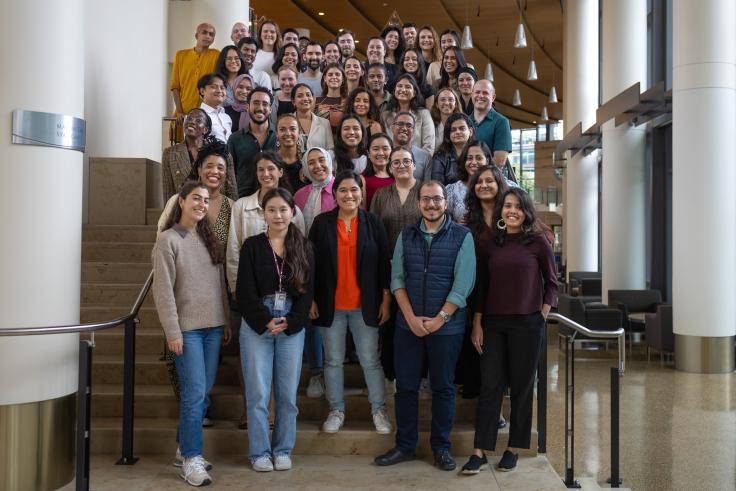
Letter from the Global Executive Director
2024 has been a pivotal year, marked by many consequential elections and the rapid realization of AI's potential to reshape our world.
The Year Ahead
Our vision for 2025 builds on a strong foundation to generate more equitable and evidence-informed policies for a better world.
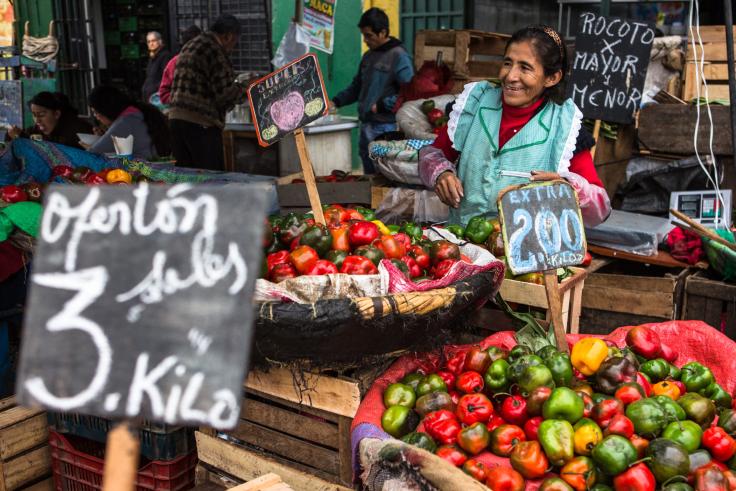
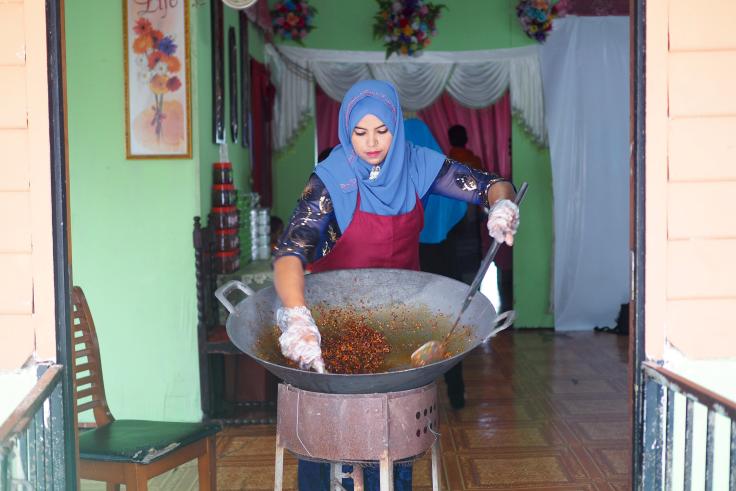
Innovative Research
Investing in rigorous research is essential to finding solutions to the world’s greatest challenges. Our 1,000+ network of researchers work with local partners across the globe to identify the most effective approaches to fight poverty and climate change.
AI for Social Good
J-PAL is helping shape the direction of AI in the social sector and the fight against poverty. By learning from past evaluations and drawing on insights from new evaluations, we aim to maximize its benefits while mitigating potentially dangerous risks.
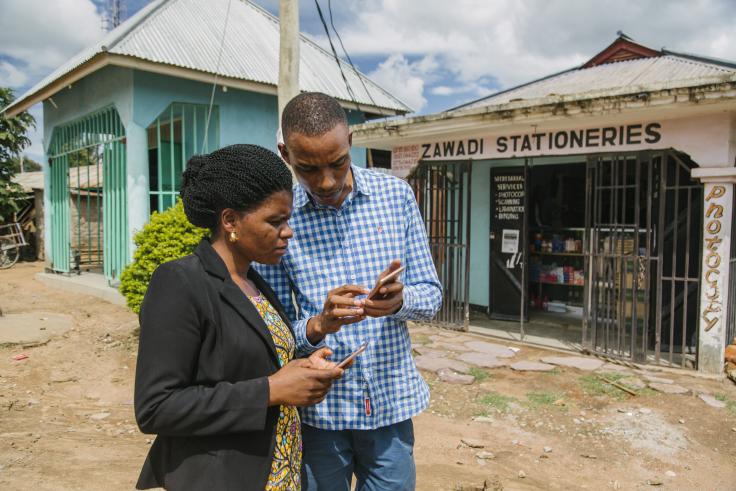
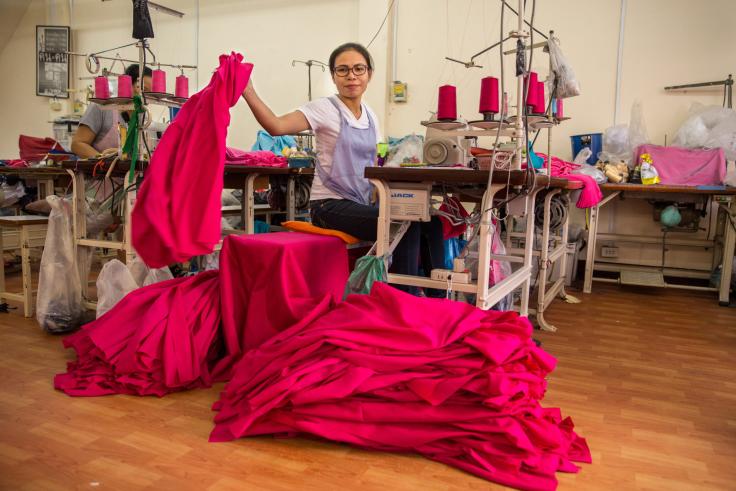
Maximizing Corporate Impact
We are advancing work to bring evidence-informed strategies to drive corporate sustainability and social impact.
Policy and Scale Engagement
We identify essential policy lessons emerging from randomized evaluations, conduct outreach to share those lessons broadly, and build partnerships to inform decision-making and adoption of evidence at scale.
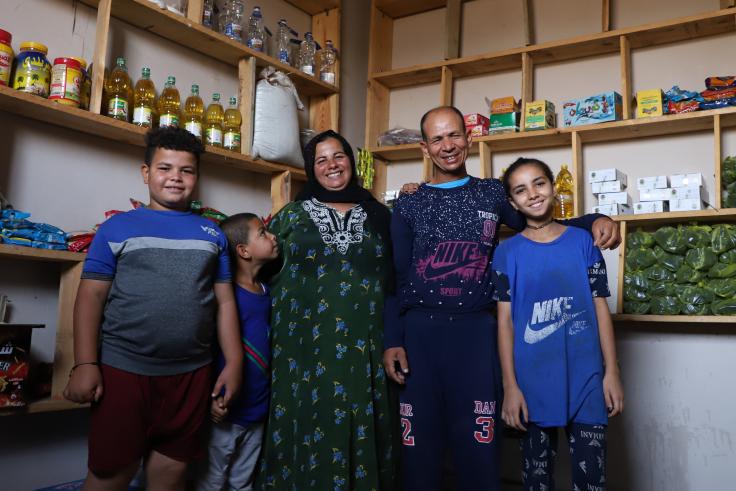
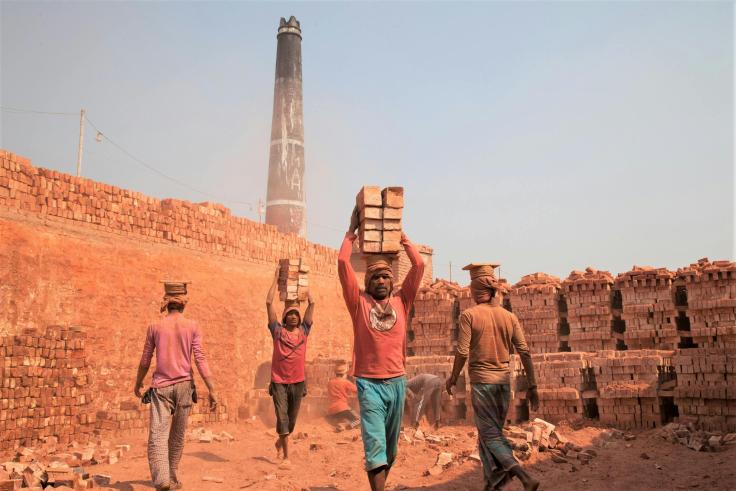
The King Climate Action Initiative: Accelerating climate solutions
The King Climate Action Initiative (K-CAI), dedicated to effective and equitable climate action in partnership with King Philanthropies, is informing climate action worldwide by partnering with policymakers, NGOs, and businesses to use insights from rigorous evidence.
Education and Training
As demand for evidence-informed policymaking is growing, so is the need for professionals equipped with the technical skills to advance this work.
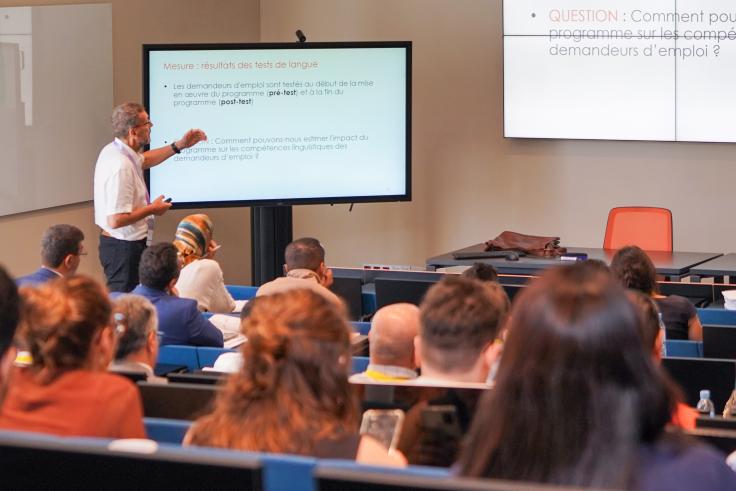
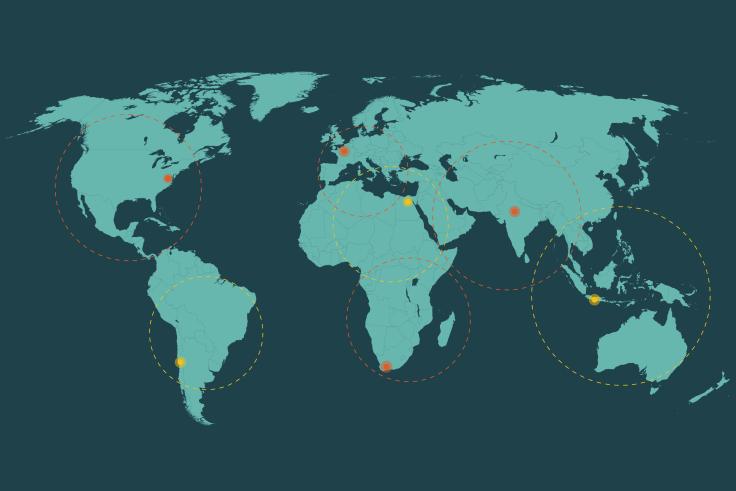
Globally Informed, Locally Grounded
Our local grounding is critical to the success of our work. Based at leading universities on five continents, J-PAL’s seven regional offices anchor our research, policy engagement, and training work around the world.
Research in Action: Highlights from our network
Researchers in our network worked closely with governments and NGOs to develop and test innovative solutions to urgent policy challenges.
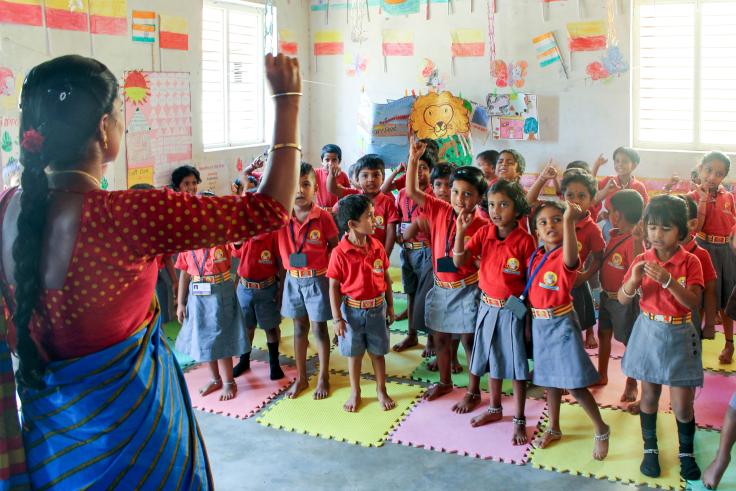
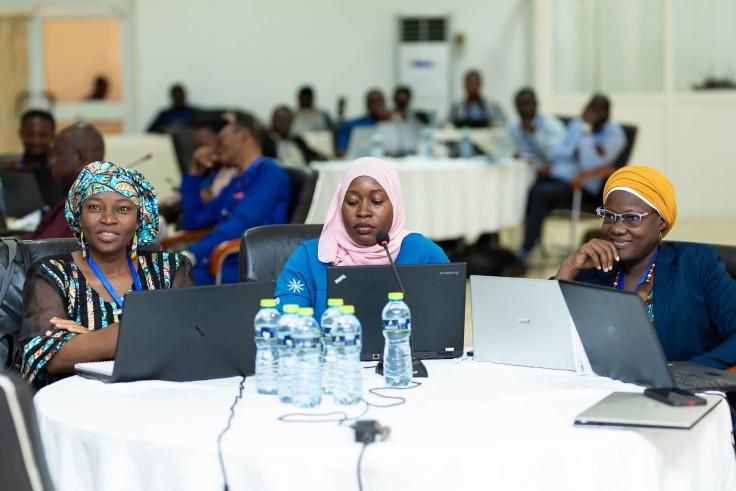
Strengthening J-PAL’s Network
Our research, policy, and training work is fundamentally better when it is informed by a broad range of perspectives.
J-PAL Leadership
Our Board of Directors, which is composed of J-PAL affiliated professors and senior management, provides overall strategic guidance to J-PAL, our sector programs, and regional offices. The eight-member Executive Committee (*) of the Board takes decisions on behalf of the full Board on an ongoing basis.
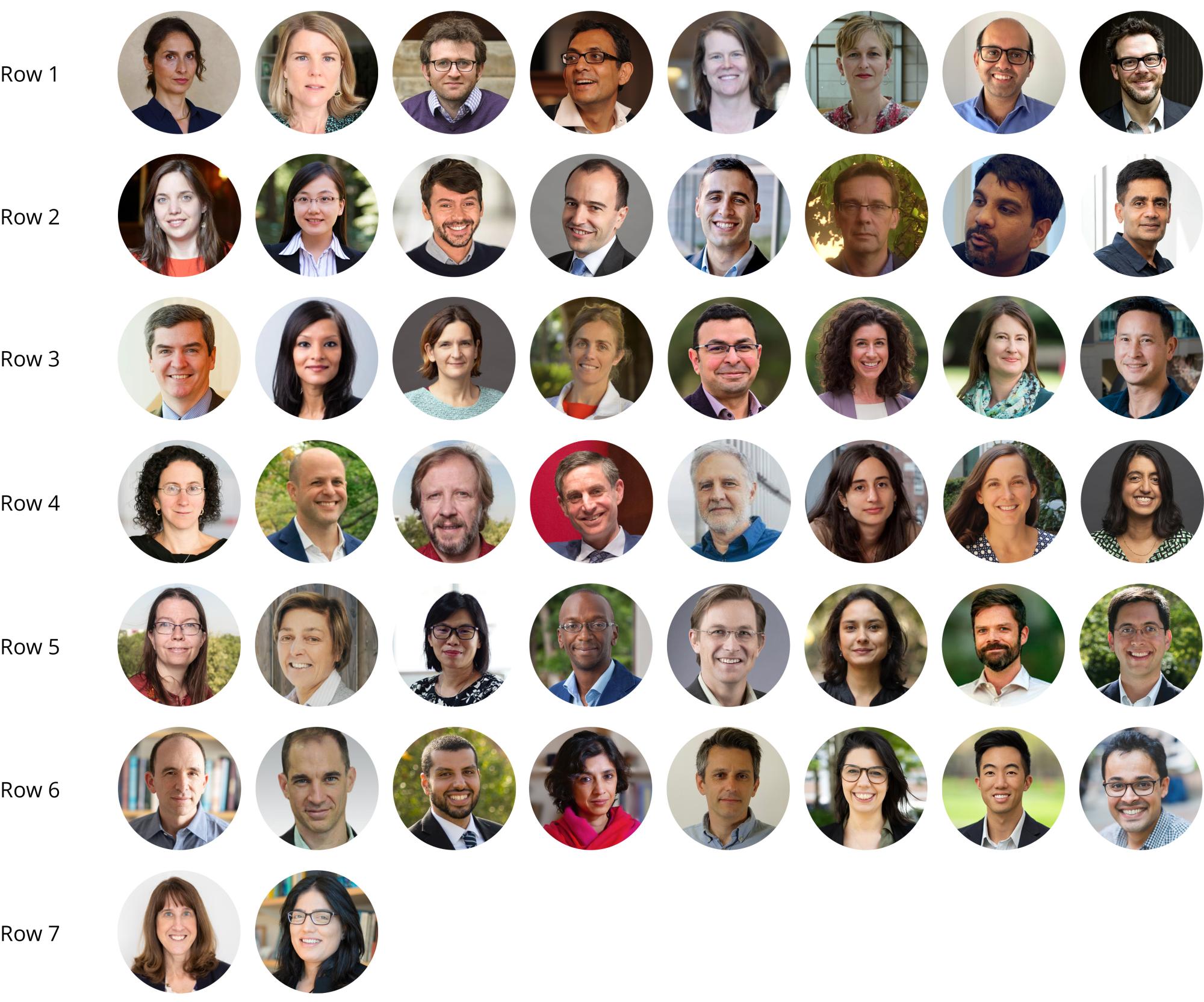
Row 1: Sule Alan, Cally Ardington, David Atkin, Abhijit Banerjee*, Lori Beaman, Marianne Bertrand, Vinayak Bhardwaj, Chris Blattman.
Row 2: Emily Breza, Jing Cai, Stefano Caria, Shawn Cole, Emanuele Colonnelli, Bruno Crépon, Jishnu Das, Iqbal Dhaliwal*.
Row 3: Joseph Doyle, Oeindrila Dube, Esther Duflo*, Pascaline Dupas, Ahmed Elsayed, Alison Fahey, Laura Feeney, Frederico Finan.
Row 4: Amy Finkelstein*, John Floretta, Francisco Gallego, Michael Greenstone, Marc Gurgand, Rema Hanna*, Kelsey Jack*, Seema Jayachandran.
Row 5: Jeanne Lafortune, Karen Macours, Lina Marliani, Isaac Mbiti, Craig McIntosh, Shobhini Mukerji, Cillian Nolan, Matthew Notowidigdo.
Row 6: Benjamin A. Olken*, Philip Oreopoulos, Adam Osman, Rohini Pande, William Parienté, Paula Pedro, Vincent Quan, Abhijit Singh.
Row 7: Cindy Smith, Tavneet Suri*.
Lead photo credit: Shutterstock.com